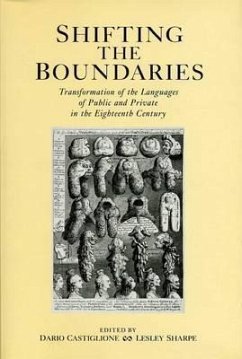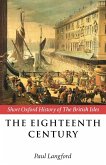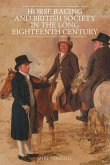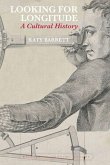A collection of essays, written by well-known specialists in their fields, which deal with the problematic and ever-shifting boundaries between the public and the private spheres in Western Europe in the eighteenth century. It examines and challenges the notion that there was a clear distinction between the emerging public sphere, which mediated between the State and individuals and provided a forum for Enlightenment debates, and the private, intimate or familial sphere. The essays focus on political, legal, historiographic, literary and gender issues in an attempt to create a more subtle and differentiated view of how men and women established and understood various 'public'and 'private' domains, and used the languages of public and private actions and sentiments.
This is a collection of interdisciplinary essays dealing with the problematic boundaries between the public and private spheres in Western Europe (Britain, France and Germany in particular) in the eighteenth century. The book mounts a challenge to the notion of a clear distinction between public and private and attempts to account for the mobility of the many boundaries between the two. The first essay introduces some of those problematic boundaries in the light of the influential studies of Habermas, Koselleck, Aries and Chartier, who together have helped shape our understanding of the formation of the modern public and private spheres. A number of essays deal with the nature of public opinion in relation to state control and with the role of the intelligentsia. Some investigate non-political forms of sociability and the creation of various kinds of publics within the cultural realm. Others scrutinize gender roles and the validity of the accepted correspondence of male/female to public/private in the light of women's use of the printed word. Others reconstruct the way in which the more self-conscious perceptions of the boundaries between public and private contributed to make this one of the central dichotomies of modern life. The various trends are drawn together in a Postscript.
Hinweis: Dieser Artikel kann nur an eine deutsche Lieferadresse ausgeliefert werden.
This is a collection of interdisciplinary essays dealing with the problematic boundaries between the public and private spheres in Western Europe (Britain, France and Germany in particular) in the eighteenth century. The book mounts a challenge to the notion of a clear distinction between public and private and attempts to account for the mobility of the many boundaries between the two. The first essay introduces some of those problematic boundaries in the light of the influential studies of Habermas, Koselleck, Aries and Chartier, who together have helped shape our understanding of the formation of the modern public and private spheres. A number of essays deal with the nature of public opinion in relation to state control and with the role of the intelligentsia. Some investigate non-political forms of sociability and the creation of various kinds of publics within the cultural realm. Others scrutinize gender roles and the validity of the accepted correspondence of male/female to public/private in the light of women's use of the printed word. Others reconstruct the way in which the more self-conscious perceptions of the boundaries between public and private contributed to make this one of the central dichotomies of modern life. The various trends are drawn together in a Postscript.
Hinweis: Dieser Artikel kann nur an eine deutsche Lieferadresse ausgeliefert werden.








